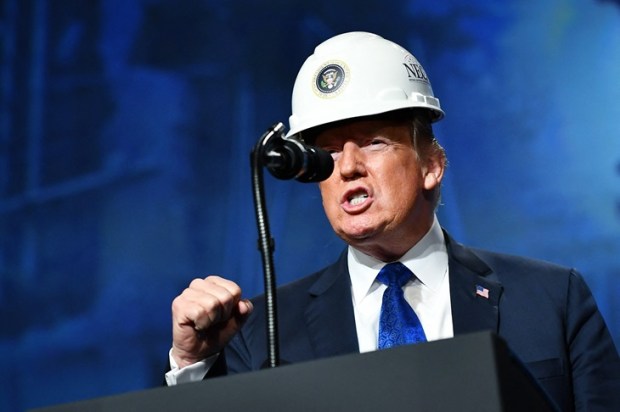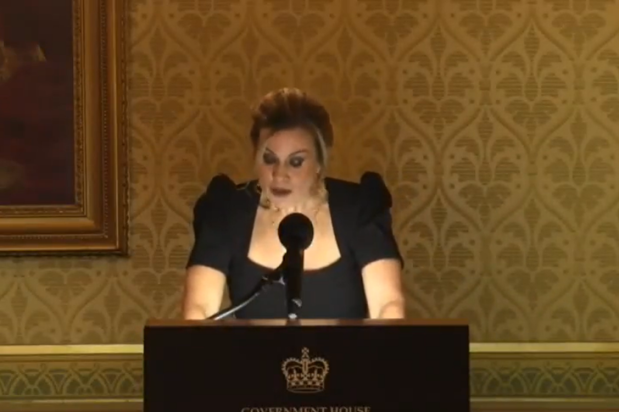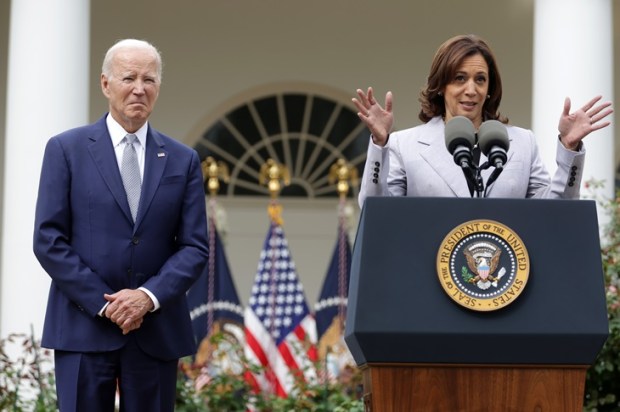Contrary to the opinion expressed by Matthew Parris, the nanny state did not initiate the changes that he so rightly stated were legislated. Votes for women, minimum working age for children, women in the workplace, and workplace safety were all the result of politicians finally responding to pressure from society.
Already a subscriber? Log in
Subscribe for just $2 a week
Try a month of The Spectator Australia absolutely free and without commitment. Not only that but – if you choose to continue – you’ll pay just $2 a week for your first year.
- Unlimited access to spectator.com.au and app
- The weekly edition on the Spectator Australia app
- Spectator podcasts and newsletters
- Full access to spectator.co.uk
Or


























Comments
Don't miss out
Join the conversation with other Spectator Australia readers. Subscribe to leave a comment.
SUBSCRIBEAlready a subscriber? Log in